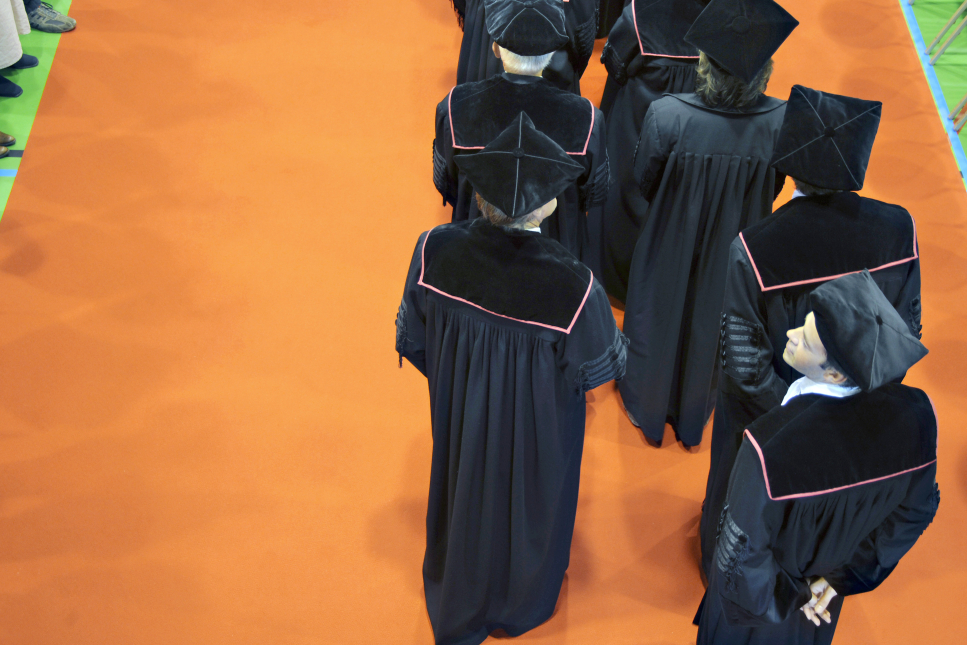Dutch policy promoting scientific excellence
Facts and figures
Report
Downloads

In this publication, we present facts and figures on Dutch government policy meant to promote scientific excellence. It explains the background of that policy and the various policy instruments used in the Netherlands.
Authors
Since the early 1990s, the Dutch government has honoured excellent researchers by awarding them grants and prizes. It has focused these efforts primarily on individual researchers who do trailblazing basic research. A large proportion of the budget available to NWO and the EU to fund research goes to excellent research. NWO’s Talent Scheme, the ERC grants and other funding instruments are having a growing impact on science in this way. That is one of the conclusions of our new analysis.
The budget for excellent research has more than doubled in the past ten years, from € 160 million in 2006 to more than € 370 million in 2016. This money goes to a small group of researchers who work at Dutch universities, university hospitals and other research institutes. At any given time, about 5% of all researchers in the Netherlands have an excellence grant. This represents 40% of the public research revenues acquired in competition by universities and university hospitals from the EU and NWO. Researchers at non-specialist universities receive the most excellence grants, relatively speaking.
The analysis shows that the original objectives of the government’s excellence policy are being achieved. The concentration of funding gives a relatively small group of researchers the opportunity to do trailblazing research. That concentration has continued because a growing number of grants are awarded to previous laureates.
Please cite as:
Scholten, W. & E. Koier (2018). Dutch policy promoting scientific excellence. The Hague: Rathenau Instituut.
Our most important findings are:
- The government’s scientific excellence policy has branched out considerably since the early 1990s: there are now more instruments and the budget itself is larger. Research excellence is encouraged primarily by means of competitive funding awards. In the case of university research, 40% of all funding acquired through NWO and the European Union is tied to excellence instruments.
- Only a very small group of researchers has access to excellence funding. That is because the majority of researchers never apply for grants and because the likelihood of award is small. Researchers who have received excellence funding generally only do so once. Increasingly, however, researchers who receive excellence funding at an early stage of their careers also receive an individual grant later on.
- Given the number of grants available and the number of researchers working at Dutch universities, a grant is not a prerequisite for being offered an academic appointment. Researchers who have a grant are promoted more often, but they are not given tenure more often than researchers who do not.
- The available data do not allow us to see whether funding is concentrated in certain subject areas. What we have noticed is that the distribution of funding across the institutions has been stable since 2003, with the non-specialist universities receiving the largest share of excellence funding, relatively speaking.